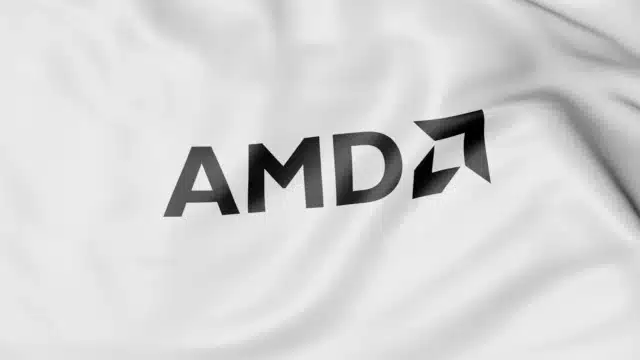AMD knows if you've overclocked your Ryzen Threadripper 7000 thanks to a secret fuse

Overclocking CPUs and GPUs is understandably popular, particularly among gamers -- after all, who doesn't like the idea of getting something for free? But overclocking hardware is not without risks, and you could not only cause damage, but also void your warranty.
But if something does go wrong with your processor because of overclocking, would the manufacturer ever know? If the company is AMD, then the answer is yes. The firm has revealed that Ryzen Threadripper 7000 series processors have a hidden fuse that blows when it is overclocked.
See also:
- Microsoft releases mandatory KB5033372 update, pushing Copilot on Windows 10 users
- JEDEC officially recognizes CAMM2 standard -- smaller RAM modules to cram more into less space
- Microsoft releases KB5033375 update for Windows 11 fixing Copilot problems and more
The fuse serves no practical function other than conveying to AMD whether or not a processor has been overclocked. It is little more than an indicator of certain activities, but there is no need to be concerned about having your secrets revealed if you need to ask for a repair.
While it is true to say that overclocking can void your warranty, it is not necessarily the case. And it is the existence of rumors about this that has caused AMD to issue a statement to Tom's Hardware that confirms the presence of the revealing fuse.
The full statement reads:
Threadripper 7000 Series processors do contain a fuse that is blown when overclocking is enabled. To be clear, blowing this fuse does not void your warranty. Statements that enabling an overclocking/overvolting feature will "void" the processor warranty are not correct. Per AMD's standard Terms of Sale, the warranty excludes any damage that results from overclocking/overvolting the processor. However, other unrelated issues could still qualify for warranty repair/replacement.
It's not clear if AMD is the only company to engage in such activity, and it is something that will likely be viewed with some suspicion by those who do engage in overclocking. But the move is an understandable one as it provides AMD with useful information when diagnosing issues.
Image credit: alexeynovikov / depositphotos
